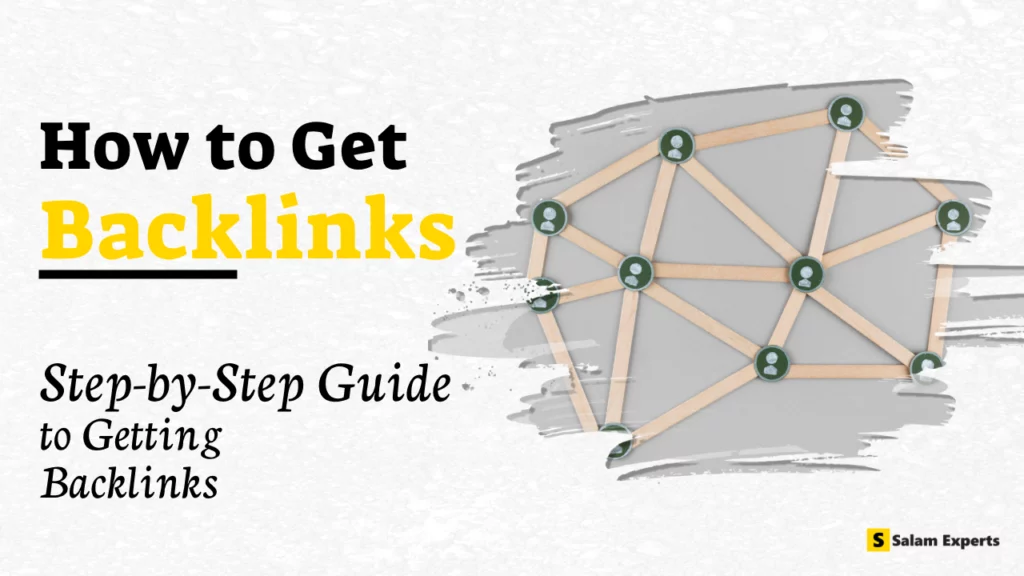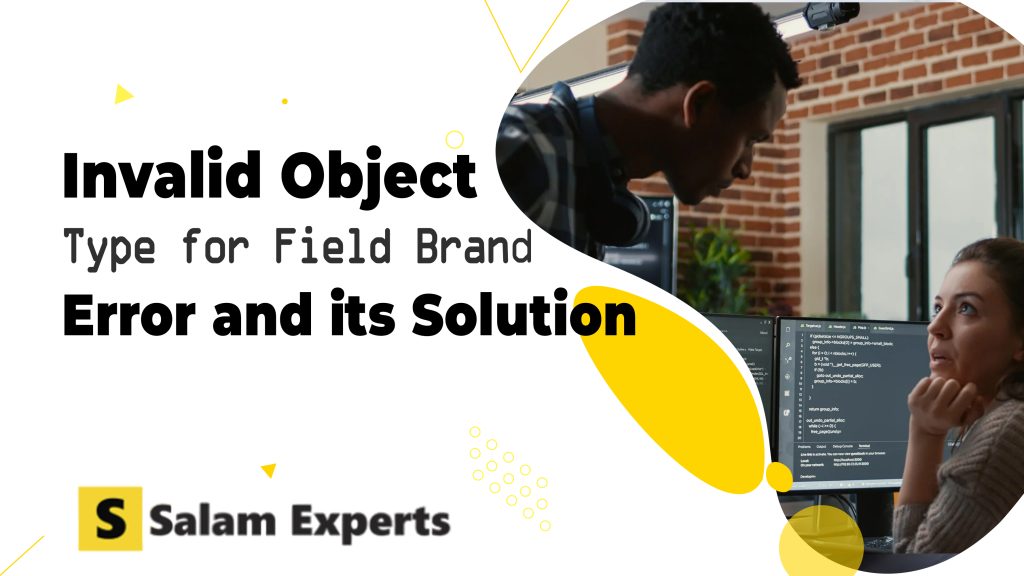Why SEO Remains SEO: The Case Against Rebranding for AI Search

The digital marketing landscape is buzzing with new acronyms. AEO (AI Engine Optimization), GEO (Generative Engine Optimization), and other variations are popping up as marketers scramble to rebrand their services for the AI era. But here’s the truth that experienced SEO professionals know: Search Engine Optimization has always been about optimizing for all search experiences, not just Google’s traditional blue links.
Key Arguments Made:
- SEO has always been about optimizing for all search experiences, not just Google
- Google explicitly said nothing new is needed for AI Overview rankings
- The rush to create new acronyms is more about marketing than actual practice
- Quality content principles remain the same across all search formats
- Professional SEOs already optimize for multiple platforms and formats
The Fundamental Misunderstanding About SEO
Many newcomers to the industry view SEO through a narrow lens, thinking it’s exclusively about ranking #1 on Google’s traditional search results. This misconception has led to the rush toward creating new acronyms for what is essentially the same discipline we’ve been practicing for decades.
Real SEO has always encompassed:
- Optimizing for multiple search engines (Google, Bing, DuckDuckGo, Yandex)
- Appearing in various result formats (featured snippets, knowledge panels, local packs)
- Ranking on platform-specific searches (YouTube, Amazon, Reddit, Quora)
- Optimizing for voice search queries
- Creating content that answers user intent across all touchpoints
Google's Clear Message: Nothing New Required
Google itself has been remarkably consistent in its messaging about AI Overviews and SGE (Search Generative Experience). The company’s guidance can be summarized in one simple statement: “There’s nothing new you need to do to rank higher in AI Overview.”
This isn’t corporate speak—it’s a fundamental truth about how search optimization works. The same principles that made content rank well in traditional search are the principles that make content appear in AI-generated responses:
- Relevance: Content that directly addresses search queries
- Authority: Information from trusted, credible sources
- Clarity: Well-structured, easy-to-understand content
- Comprehensiveness: Thorough coverage of topics
- User Focus: Content created primarily for humans, not algorithms
Why Creating New Acronyms Misses the Point
The push to rebrand SEO for the AI era reflects a misunderstanding of what effective optimization has always required. Consider these scenarios:
When someone searches for “best restaurants near me”:
- Traditional SEO: Optimize for local search results
- Current reality: Also optimize for AI Overview, which pulls from the same
- high-quality, locally-relevant content
When someone asks “how to fix a leaky faucet”:
- Traditional SEO: Create comprehensive, step-by-step content
- Current reality: AI tools surface the same well-structured, helpful content that ranked well before
When someone queries “latest iPhone features”:
- Traditional SEO: Optimize for freshness, accuracy, and user intent
- Current reality: AI responses draw from the same current, authoritative sources
The True Scope of Modern SEO
Professional SEO practitioners understand that optimization has always been multi-platform and format-agnostic. Our work includes:
Traditional Search Engines
- Google (90%+ market share globally)
- Bing (growing with ChatGPT integration)
- DuckDuckGo, Yandex, Baidu (regional importance)
AI-Powered Search Tools
- ChatGPT’s web search capabilities
- Perplexity’s real-time information retrieval
- Claude’s search functions
- Google’s AI Overviews
- Bing’s Copilot integration
Platform-Specific Optimization
- YouTube (the world’s second-largest search engine)
- Amazon (for product searches)
- Reddit (increasingly prominent in Google results)
- Quora, Stack Overflow, Medium
- Social media platform searches
Emerging Search Formats
- Voice search optimization
- Visual search capabilities
- Local search optimization
- Mobile-first indexing considerations
The Simplicity Principle in Action
Google’s advice to “keep things simple” reflects a deeper truth about sustainable optimization strategies. The businesses and websites that thrive across all search formats—traditional, AI-powered, or otherwise—focus on fundamental principles:
- Quality Over Tactics: Creating genuinely helpful content rather than gaming specific algorithms
- User Intent Focus: Understanding what searchers actually want, regardless of how they search
- Comprehensive Coverage: Addressing topics thoroughly rather than optimizing for single keywords
- Technical Excellence: Ensuring fast, accessible, well-structured websites
- Authority Building: Establishing genuine expertise and trustworthiness
Why AEO and GEO Are Marketing Gimmicks
The rush to create new optimization categories serves marketing purposes more than practical ones. Agencies and consultants benefit from positioning themselves as experts in “new” fields, but the underlying work remains identical to quality SEO:
- Content Optimization: The same principles that make content rank well in Google make it useful for AI responses
- Technical SEO: Site structure, speed, and accessibility matter equally for traditional and AI-powered search
- Authority Building: Links, citations, and expertise signals work across all search formats
- User Experience: Whether humans or AI tools access your content, clarity and usefulness remain paramount
The Future of Search Is Still SEO
As search technology evolves, the fundamental goal remains unchanged: connecting searchers with the most relevant, helpful information. Whether that information appears in traditional search results, AI-generated summaries, voice responses, or formats we haven’t imagined yet, the optimization principles remain consistent.
Smart SEO professionals focus on:
- Creating content that genuinely serves user needs
- Building website authority through quality and expertise
- Ensuring technical excellence across all platforms
- Monitoring performance across diverse search formats
- Adapting to new features without abandoning core principles
Practical Recommendations for Modern SEO
Instead of chasing new acronyms, focus on these timeless optimization strategies that work across all search formats:
- Content Strategy: Develop comprehensive, authoritative content that addresses complete user journeys, not just single queries.
- Multi-Format Optimization: Ensure your content works well in snippets, longer-form AI responses, and traditional search results.
- Platform Diversification: Don't rely solely on Google traffic—build presence across multiple search platforms and formats.
- User-First Approach: Always prioritize user value over algorithmic manipulation.
Conclusion: SEO's Enduring Relevance
The search landscape continues evolving, but the core mission of SEO remains unchanged: helping businesses appear when and where their audience searches. Whether that search happens on Google, ChatGPT, Perplexity, or future platforms we haven’t yet discovered, the fundamental principles of relevance, authority, and user focus will continue driving success.
Instead of fragmenting our industry with unnecessary new acronyms, let’s embrace the comprehensive nature of modern SEO. After all, we’ve always been optimizing for search engines—and AI-powered search is simply the latest evolution in that ongoing mission.
The best SEO strategy for the AI era? The same one that’s always worked: create genuinely helpful content, build real authority, and keep the user’s needs at the center of everything you do.
Author
-

We are a digital marketing agency with over 17 years of experience and a proven track record of helping businesses succeed. Our expertise spans businesses of all sizes, enabling them to grow their online presence and connect with new customers effectively.
View all posts
In addition to offering services like consulting, SEO, social media marketing, web design, and web development, we pride ourselves on conducting thorough research on top companies and various industries. We compile this research into actionable insights and share it with our readers, providing valuable information in one convenient place rather than requiring them to visit multiple websites.
As a team of passionate and experienced digital marketers, we are committed to helping businesses thrive and empowering our readers with knowledge and strategies for success.





